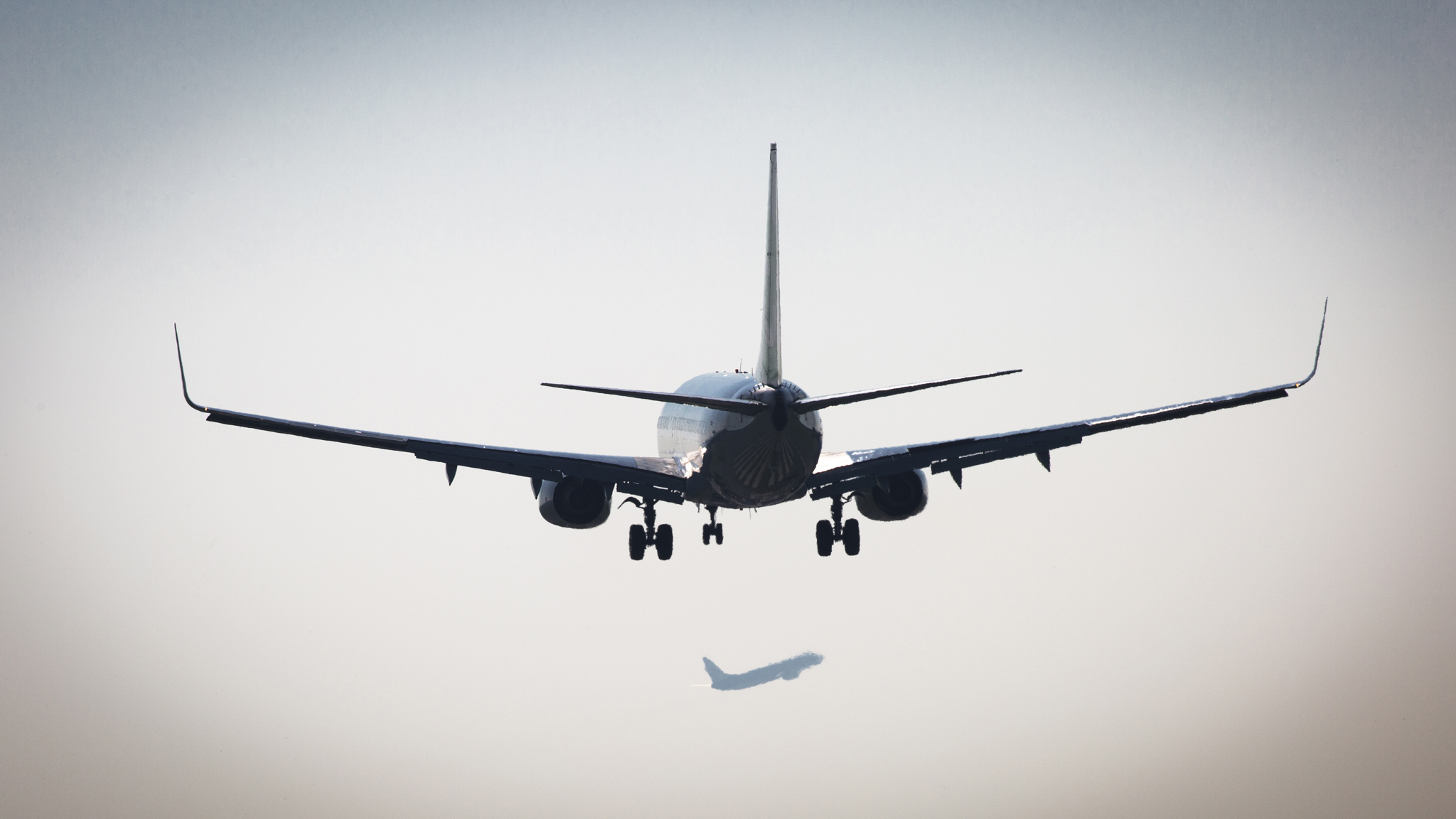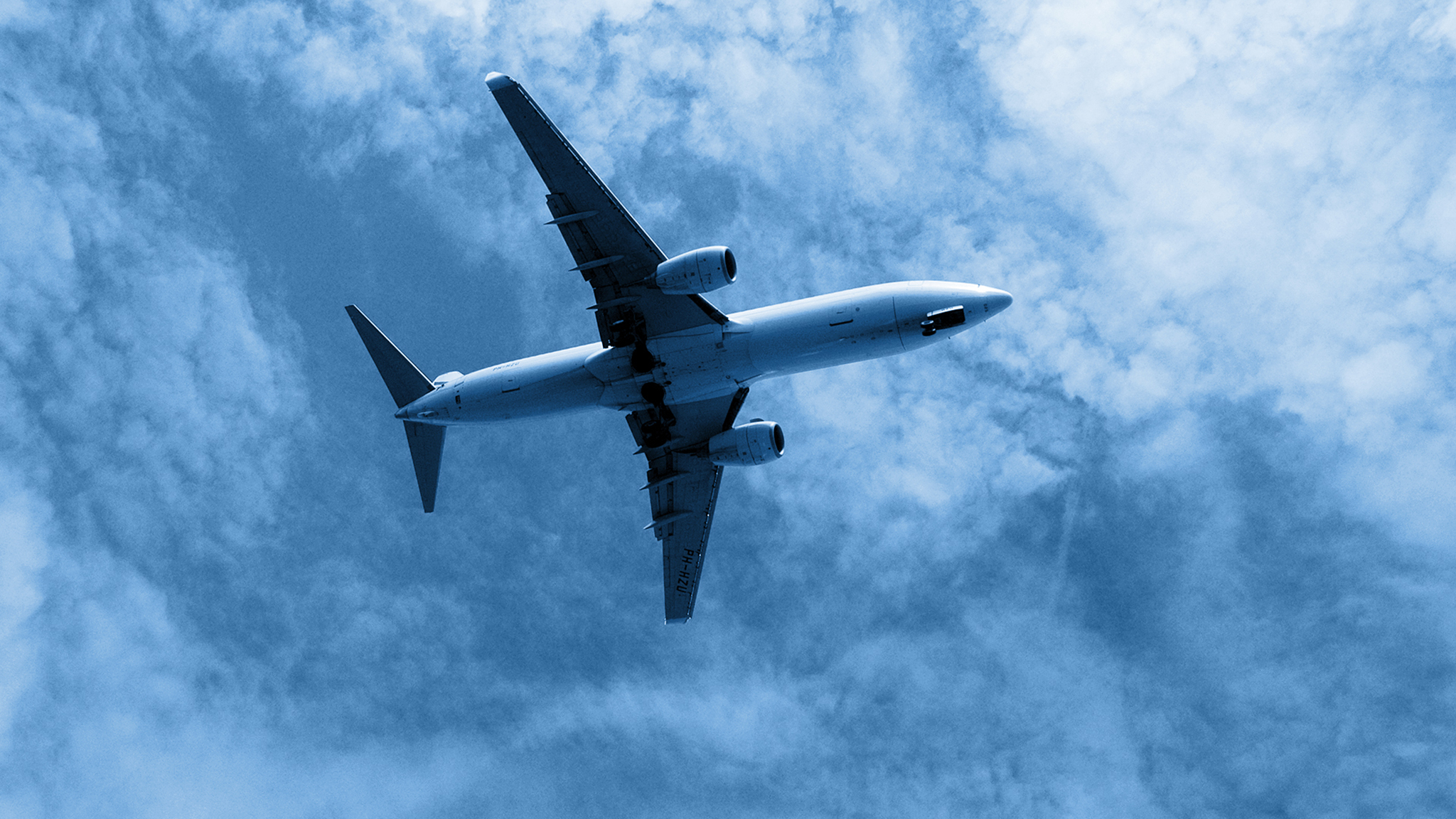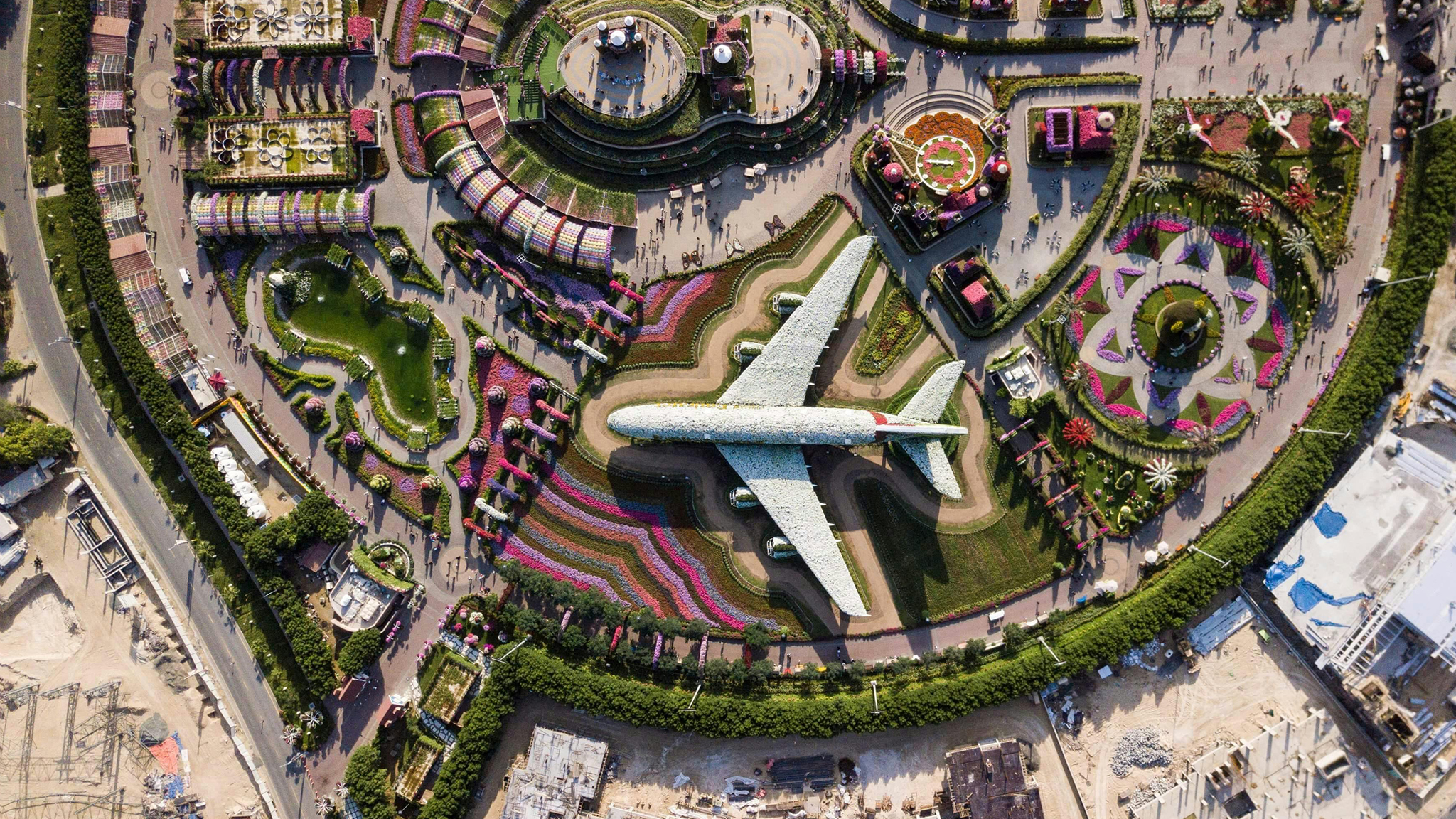Increased awareness of aircraft noise?
We seek answers to the following question: Do residents of areas that are normally affected by aircraft noise change their attitude towards aviation since the pandemic? Are they more aware of the noise impact from aircraft on their daily lives? Or does the pandemic make clear that work in the air transport sector, and travelling abroad for work or leisure cannot be taken for granted anymore now that Schiphol is running at half the capacity?
At the end of 2020, therefore, Royal NLR conducted a survey of various factors such as Quality of Life, in order to gain a better understanding of the effect of less air traffic on personal wellbeing. To this end, a group of people living close to Schiphol was compared with a group living around the city of Utrecht. More than 500 people in each group answered a questionnaire (online). Both groups reside in the Randstad metropolitan conurbation, are of a similar size and representative of the environment. The difference between the groups is the distance from Schiphol airport. The group from Utrecht is less exposed to overflying aircraft as it is located approximately 40 km from the airport.
The results of this study will be published in scientific journals later this year, but we can give a peek behind the scenes now. Naturally both groups replied to the question ‘Did you feel annoyed by aircraft noise?’ that they were annoyed more before the outbreak of the pandemic than since the first outbreak in the Netherlands. And as we expected, the difference is larger in the group living around Schiphol than in the Utrecht group.
We also asked these groups ‘How did you feel about aviation before the Covid-19 outbreak?’ and ‘How do you feel about aviation since the Covid-19 outbreak?’ In absolute terms, the group living around Utrecht takes a more negative view of aviation than the group living near Schiphol. The increasingly negative affinity with aviation is also shown in a study by Motivaction: Luchtvaart in Nederland, Draagvlakonderzoek onder het Nederlands publiek, meting 2020 (‘Aviation in the Netherlands: Survey of Dutch public support, 2020 measurement’) and research conducted by Schiphol Airport itself: Sentiment monitor, Schiphol, but these did not consider these group differences. Economic motives may play a role and local residents around Schiphol more frequently work for the aviation industry or make more use of the airport. This has a bigger influence than the negative consequences of noise nuisance. If we also look at the difference between before and after the Covid-19 outbreak, we find that the group living around Utrecht again takes a more negative view of aviation than the group living around Schiphol. The difference is almost twice as large.
Virus anxiety due to air travel
Two obvious assumptions are conceivable for a negative affinity with aviation. Firstly, climate change and the role of aviation in this are playing an increasingly important role. Secondly, the pandemic has raised fears that the virus enters the Netherlands via air travel. But both reasons apply for both of the groups questioned. It therefore seems that an economic or geographical relationship with the airport creates fewer negative associations with aviation.
Are non-acoustic factors an explanation for Lelystad?
This could be a potential explanation of the resistance of the local population to the ‘opening’ of Lelystad Airport. This new airport close to Schiphol would be opened to cope with the increased demand of Schiphol, but the opening has been delayed due to procedural reasons and complaints by communities. For this new airport, the greatest economic benefits for the population, such as jobs and mobility, lie close to the airport. People in the outlying areas experience fewer of these benefits of the airport, as a result of which opinions of the airport are more negative there. To date, government policy has been focused primarily on limiting noise nuisance, which we also refer to as ‘the acoustic factors’. But the non-acoustic factors play at least as important a role in public opinion on aviation. There is still a long way to go towards improving the image of aviation. This means that in addition to noise nuisance, the climate debate and improvement of trust between airports and their surrounding areas also call for attention.
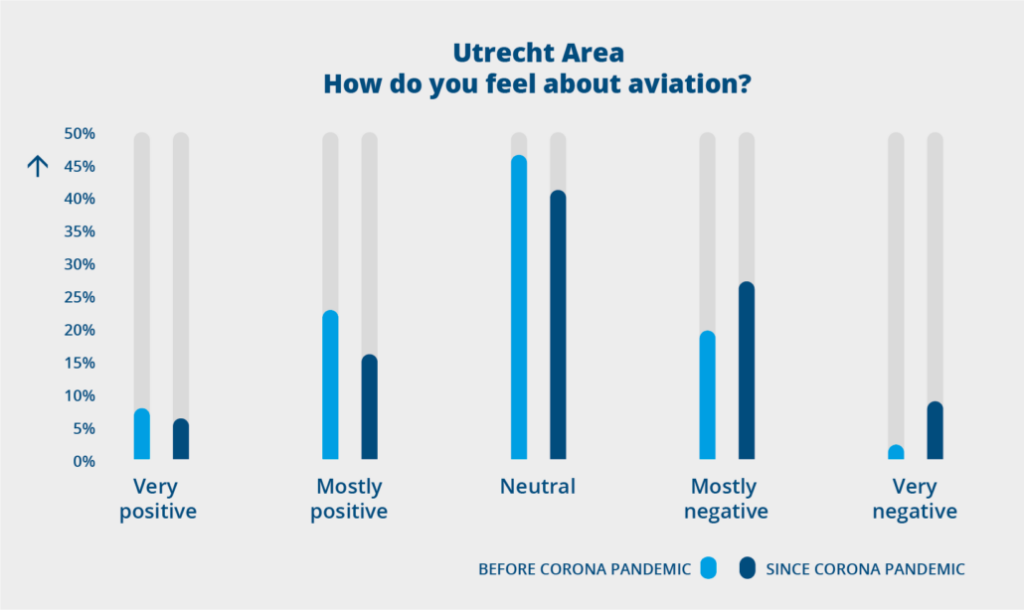
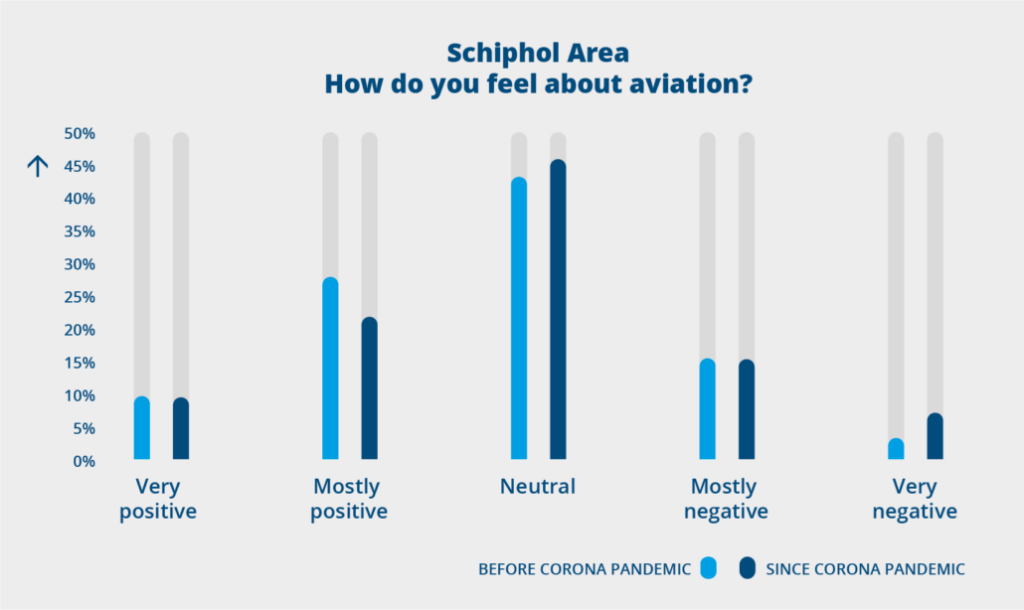
This ANIMA project has received funding from the European Union’s Horizon 2020 research and innovation programme
under grant agreement No 769627.

